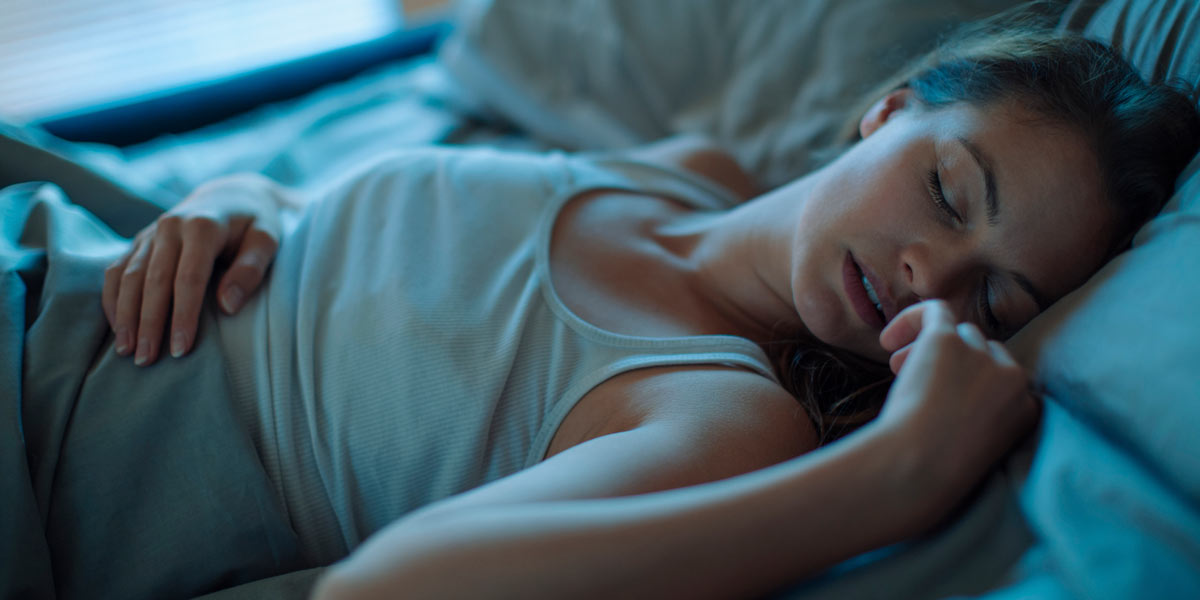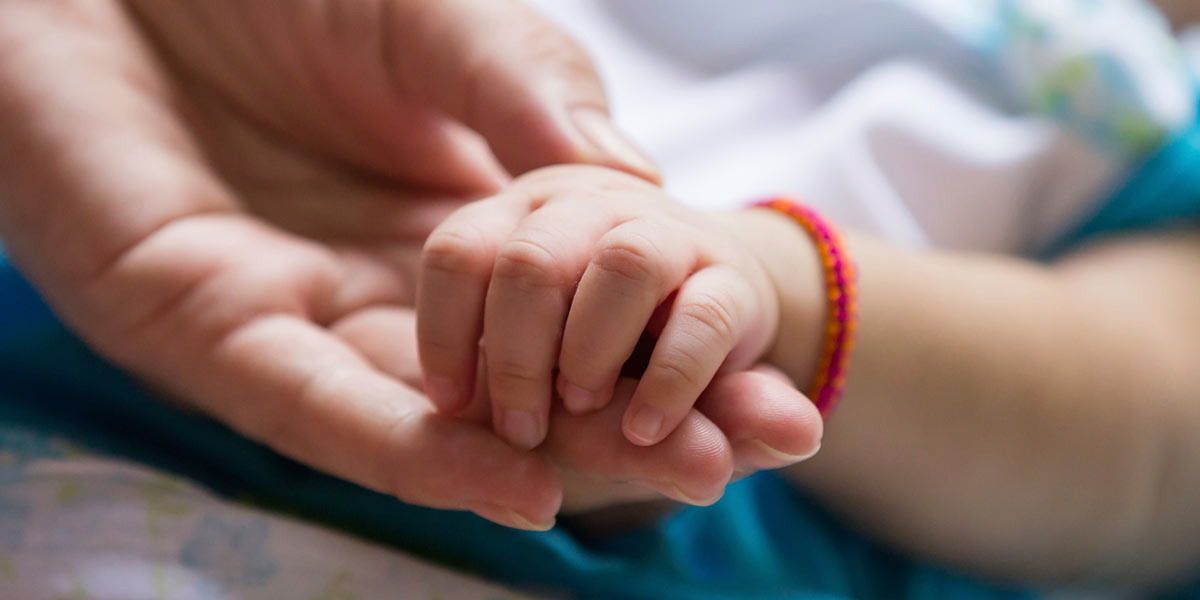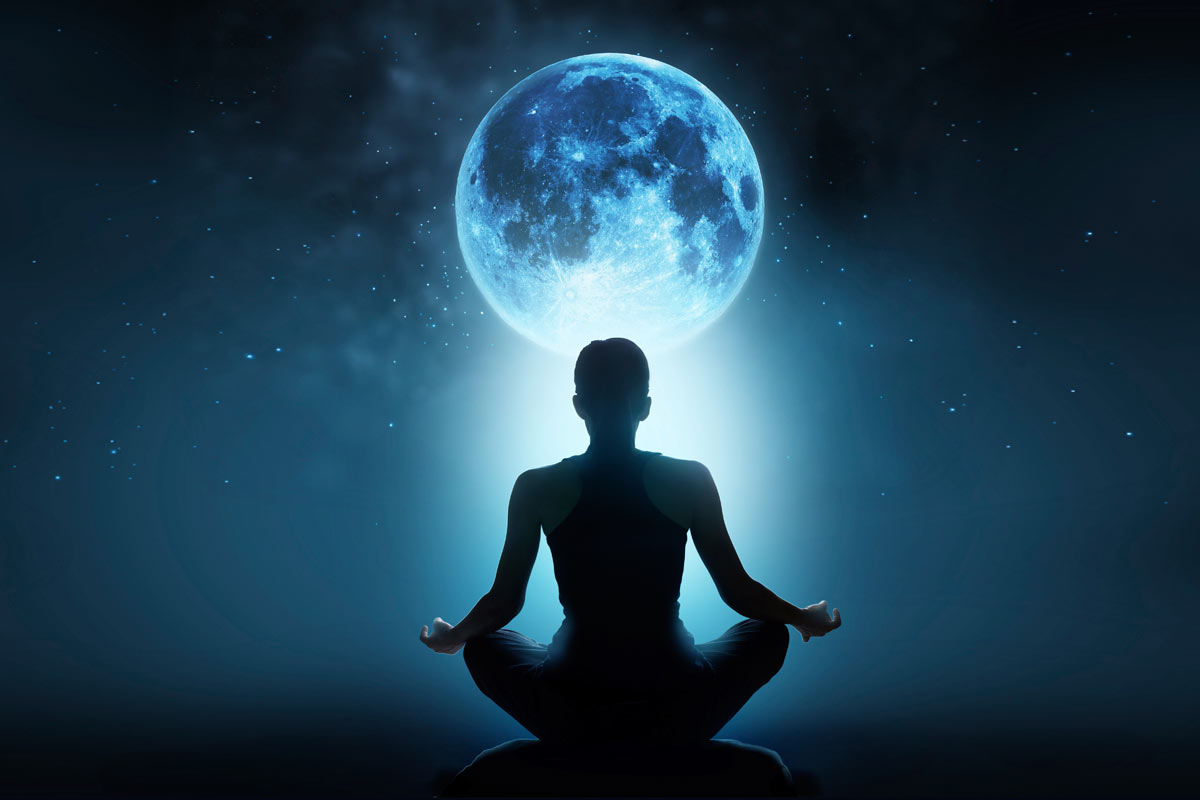“It Must Be a Full Moon!” What is the truth behind the moon’s effect on us?
The moon has appeared in historical tales since the beginning of mankind. From the scary stories of werewolves and lunacy to the childlike sights of the man on the moon, the mysticism that surrounds the big ball of cheese has always had people wondering what effect the moon really has on us humans. From sleepless nights to an uptick in births, the moon appears to have more influence on our lives than one might think, resulting in the commonly repeated phrase, “It must be a full moon!”

The Restless Man on the Moon
Before modern lighting, the moon could have had a considerable effect one’s ability to sleep. The significant source of light, produced by the moon’s reflection of solar rays, especially during a full moon, has led to a widespread belief that it affects our sleep patterns. However, modern inventions such as blinds and blackout curtains have eliminated this as a plausible excuse to why people tend to get less sleep during a full moon than at any other time during the month. Researchers, however, seek to prove that the moon does in fact affect our sleep and as it waxes and wanes, people become more or less sleep deprived.
While few have been able to link restless nights to the moon’s position in the sky, some studies claim that the moon does have a considerable effect on one’s ability to get a good night’s sleep. In a study for the Current Biology journal, researchers found that in the four days before and after a full moon, participants not only took longer to fall asleep, but they also awoke at least 20 minutes earlier than normal. The lack of sleep might contribute to the idea that there are more accidents and police calls on nights that correlate with a full moon.
Completing a Cycle One Way or Another
Throughout history, many civilizations have tied the cycles of the moon to the cycles of a woman’s menstruation, both lasting between 28-30 days. While there is little to evidence to prove the existence of a connection, ancient cultures who linked the two may have been on to something. A recent study tracked the menstrual cycles of 826 women between the ages of 16 and 25 to see where in the lunar cycle their periods fell. The results were astounding, with nearly 30% of the women receiving their period within a few days before or after the full moon. No other lunar phase received such high percentages, leading researchers to believe a correlation really does exist.
More Pleasing Outcomes
If you happen to need emergency heart surgery, doing so during a full moon could mean a greater outcome than at any other time of the month. As surprising as this sounds, doctors have actually reported shorter hospital stays and higher success rates among patients who went into emergency heart surgery during a full moon. Its unfortunate that emergency surgeries can’t be planned around the lunar cycle.

The Birth Effect
A study conducted on pregnant women in Kyoto, Japan suggests that the gravitational pull of the moon greatly affected the birth of babies. Of the 1,000 babies born in a private hospital, a greater number were born when the moon was closest to earth, a phenomena known as a supermoon. Contrary to popular belief, a full moon has zero affect on the birth of a baby and seems to be more of an old wive’s tale than anything else.
What do you think? Share your experiences of full moon antics in the comments box.













